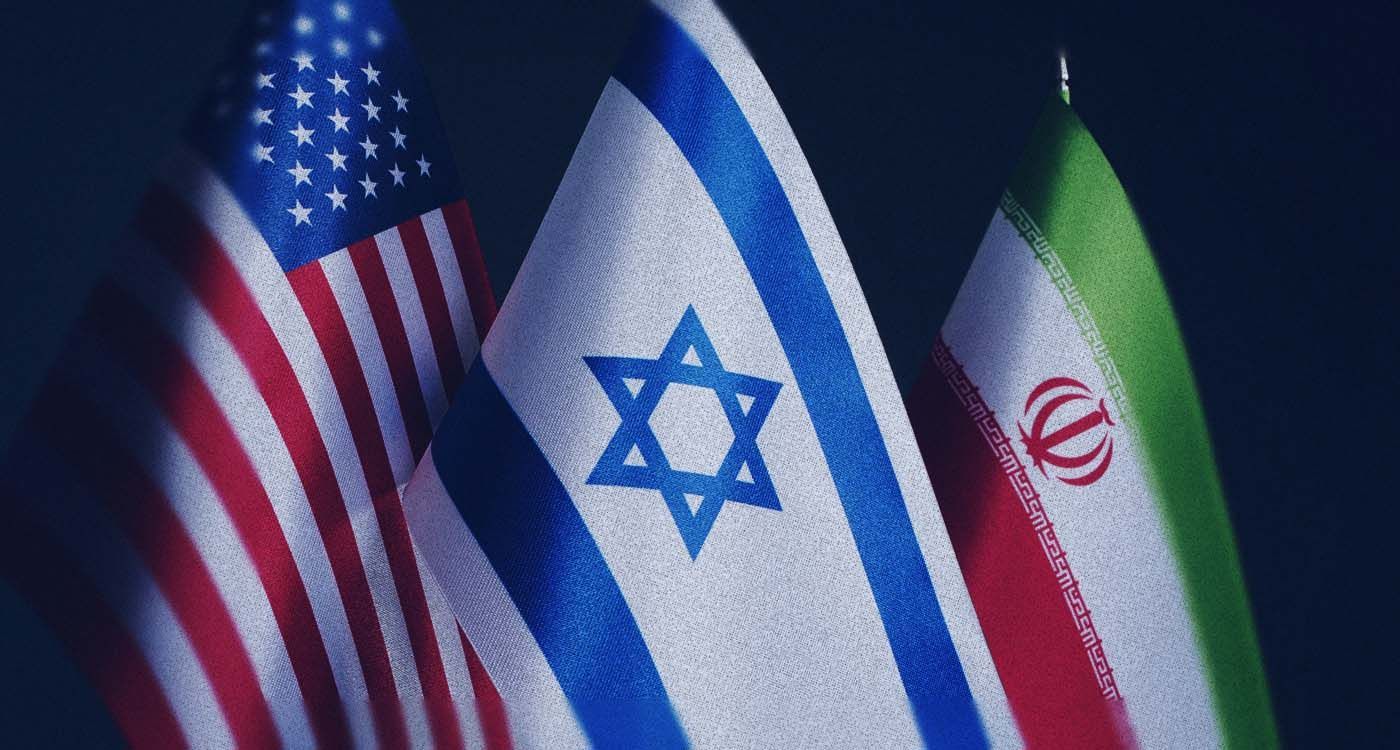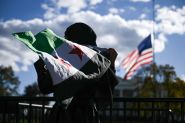- Home
- Middle East
- Iranian Nuclear Talks: Improbable Peace, Unlikely Agreement?

©This is Beirut
In April, negotiations between the United States and Iran on the Iranian nuclear program took a notable step forward, with three rounds of talks mediated by Oman. The goal of these discussions is to limit Tehran's nuclear activities in exchange for a partial lifting of the economic sanctions imposed by Washington.
The third round of talks took place on Saturday in Muscat, Oman’s capital. The discussions, lasting several hours, were described as "very serious" by both sides. For the first time, negotiators exchanged written proposals and addressed technical issues concerning uranium enrichment and non-proliferation guarantees.
Iranian Foreign Minister Abbas Araghchi acknowledged that while progress had been made, significant differences still remained. A fourth round of talks is scheduled for May 3.
The United States May "Take the Lead"
President Donald Trump has expressed cautious optimism about the possibility of reaching an agreement, but he also warned that the US might "take the lead" if diplomatic efforts fail. He clarified that Israel could not drag the US into a military conflict, but Washington is prepared to act unilaterally if necessary.
Israel, however, remains vigilant. Prime Minister Benjamin Netanyahu reiterated on Sunday that the entire Iranian nuclear program must be dismantled, not just limited. He also stressed the importance of including restrictions on Iran's ballistic missile program in any agreement.
While Iran is willing to continue negotiations, it remains "extremely cautious" about the outcome and any potential concessions. Iranian officials emphasize their right to maintain a civilian nuclear program and demand the lifting of economic sanctions that have severely impacted the country’s economy. Iran’s foreign minister warned that any foreign interference or military pressure would be firmly rejected.
International Attention
The international community, represented by the International Atomic Energy Agency (IAEA), is closely monitoring the progress of the talks. A delegation from the UN agency arrived in Iran on Monday to discuss non-proliferation assurances and technical aspects of Iran's nuclear program.
Though these negotiations unfold in a tense regional context, they are part of a broader effort to ease tensions across the Middle East. The primary goal is to prevent military conflict while establishing effective controls and transparency mechanisms for Iran's nuclear activities. A successful outcome could mark a significant shift in US-Iran relations after years of tension and sanctions.
Challenges Ahead
However, several hurdles remain. Disagreements over the specifics of sanctions relief, nuclear restrictions, and non-proliferation guarantees continue to be major points of contention. Moreover, internal pressures and geopolitical considerations are influencing the positions of the various stakeholders involved.
As the fourth round of negotiations approaches, the international community is watching closely. The outcome—whether successful or not—could have significant implications for regional stability and global relations.
Although progress has been made, and key players are working to create a cautiously optimistic atmosphere, the negotiations on Iran’s nuclear program remain fragile. The coming weeks will be crucial in determining whether a lasting agreement can be reached, or if regional tensions will rise once again.
Read more



Comments